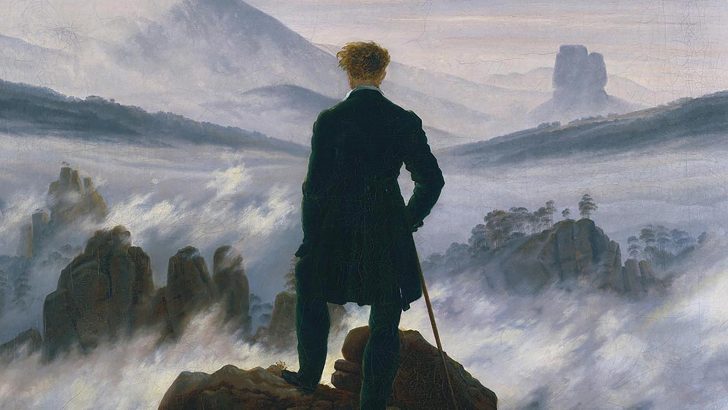In Reasonable Hope: Philosophical Reflections on Ultimate Meaning
by Patrick Masterson (Catholic University of America Press, $34.95pb/ £22.99; if required a case bound edition is available at £99.00)
In this study Patrick Masterson poses the question: ‘What does it all ultimately mean?’ In effect he is asking what is the purpose of our lives?
The response in the Catholic Catechism is that it is “[t]o know, love and serve God in this life and be happy with him forever in heaven”. Following a tour de force of philosophical reasoning Dr Masterson arrives basically at the same conclusion.
At the outset he sets out the various approaches or perspectives in accordance with which attempts have been made to explain our existence and that of the universe at large.
Firstly there is the approach from the perspective of humanism. This term has many meanings. In this context for Dr Masterson, it is the approach that maintains that our human reality, in the exercise of its unique and remarkable conscious subjectivity, is the ultimate source and measure of what he affirmed about the meaning and value of everything, including ourselves.
In other words, our unique human condition is taken to be the source and cradle of all possible meaning and value. In support of this claim one can indicate that for us humans nothing can be thought of as existing, meaningful or of value apart from a thinking human subject. For this reason this approach is also called co-relationist humanism.
The second approach is one that claims that the ultimate meaning and value of everything is to be sought in terms of the objective findings of basic empirical sciences such as physics, chemistry and biology. This approach can take two forms – scientism or scientific naturalism. The former is an explicitly materialist conception of the meaning and value of everything. The latter involves recognition of the irreducible significance of the mind, but only as a feature of the material universe amenable to empirical scientific comprehension.
Value
Thirdly there is the approach that holds that the meaning and value of everything is to be elucidated in terms of a transcendent reality “to which everyone gives the name of God”.
The experienced universe and all that it encompasses by way of intelligibility and value, including our human existence, are to be understood as the creation of a higher reality, a God of infinite perfection and goodness.
This approach is known as theism. It can take two forms. It can be formulated as a philosophical view developed as a tenet of natural reason. It’s basic argument, urged by Dr Masterson, is that various aspects of the finite beings or substances of our experience are unintelligible and even contradictory unless they are understood to be created by God, which is envisaged as infinite being and is affirmed as existing independently of the universe of finite beings.
Expression
Theism also can find expression in various forms of religious belief as revealed truth, accessible in virtue of a divine gift of faith.
The second part of the book is a combination of prayerful reflection and recollections of a wonderful love story. The chapter headings signpost the progress of the narrative – ‘The Emergence of Human Love’, ‘Love as Agape’, ‘Implications of Love’, ‘Love and Faith’, ‘Our Natural Love of God’, ‘God’s Love for Us’, ‘Our Graced Love of God’, ‘Love of Neighbour’.
Masterson’s new book is unique in many ways, above all in its intellectual generosity”
The book’s blurb includes laudatory comments by some of Dr Masterson’s peers from universities at home and abroad.
One of the most apposite is from Denys Turner of Yale Divinity School. He writes: “Masterson’s new book is unique in many ways, above all in its intellectual generosity. It is at once a plea against materialist reductivisms and a defence of the place of reason within faith’s exploration of the divine, and then so much more. For it is also an apologetic for Christian faith by way of an apologia pro vita sua, mediated through recollections of his wife, Frankie, that has resonances of Dante’s love for his Beatrice. It is a work of reason and of beauty.”


 C. D. Friedrich, A wanderer above the clouds
C. D. Friedrich, A wanderer above the clouds 